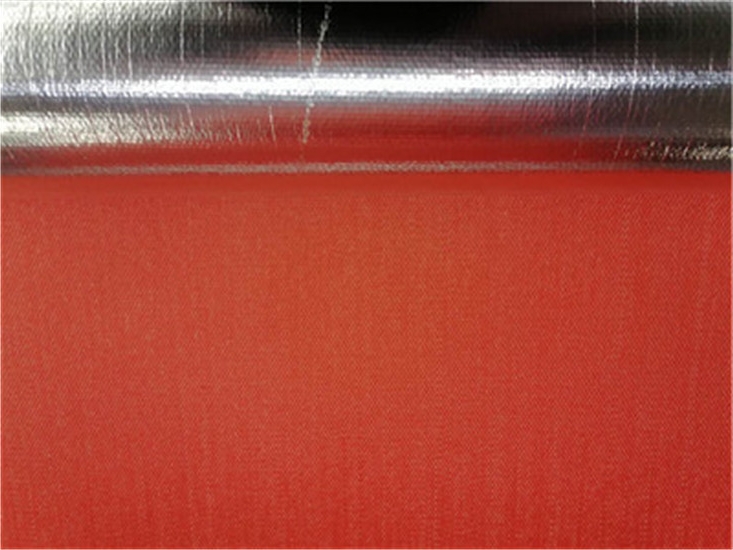When an influx of Afghan refugees started arriving in Minnesota after the fall of Kabul two years ago, the humanitarian nonprofit Alight jumped in to help them build new lives here.
“We partnered with the state of Minnesota in setting up homes,” said Sonia Anunciacion, Afghan program lead for Minneapolis-based Alight. PTFE (Glass Fiber) Membrane

“So anything you’d think would go into a home, is what we put in there: culturally and religious specific items like prayer rugs, books in Dari and Pashto, Qurans, foods to make an Afghan meal.”
But those items alone can’t make a home.
MPR News is supported by Members. Gifts from individuals power everything you find here. Make a gift of any amount today to become a Member!
“As we were meeting this community, we heard a lot about isolation, depression,” Anunciacion recalled. “They’re disconnected from the community now that they’re spread across the Twin Cities. And there are so many barriers for them to have that sense of community again.”
So Alight talked with some of the refugee women and made a discovery.
“They told us they love to sew,” Anunciacion said. “And so we thought, what a great way to get the women together. We’ll provide a safe space for them to just be free to get to know one another.”
A lifeline of thread, wrapped around a spool or wound around a bobbin.
And so that happened this summer, at Westwood Community Church in Bloomington, Minn. About 30 women gathered there on Wednesday nights, had dinner, got on-site child care, spent some time with a needle and their own sewing machine to take home, courtesy of Building Blocks of Islam, a charity based in Columbia Heights, Minn.
Roqia Joya, a fellow refugee, was one of the guides for the group. She said clothing is a cultural touchstone for Afghan families — and isn’t readily replicated, even elsewhere in the Islamic world, like Turkey and Iran. International shipping also can be prohibitively expensive, particularly from Afghanistan.
“We do have over there, back in our country, this culture that people are sewing, especially in wedding parties or cultural parties,” she said through an interpreter.
It’s also a simple matter of practicality: Many Afghan refugees were suddenly uprooted, escaping with little more, literally, than the clothes on their backs. They left behind the support of their families, their jobs, their homes. Sewing lets them repair and tailor their clothes, readily and inexpensively.
Laila Joya, who worked for an American cultural exchange program, said tailors and seamstresses back in Afghanistan readily shared their skills.
“They had courses, and girls went there and learned how to sew, and then they sewed clothes for themselves and their families,” she said. “In Afghanistan, it was one of my favorite things that I learned.”
And she kept at it after she and her husband fled to the U.S. two years ago, when she was pregnant with their first child.
“Most of the time I go to the stores, and I buy some clothes and ... I don’t like the way they are sewn, or it does not fit,” she said.
“So it was my wish that I have something that I could sew for myself and it would fit and I would be comfortable with that.”
She also likes making clothes for her daughter — and even brought her along as she joined other Afghan women at the sewing circle.
Organizers of the group say they’ve seen it make a difference.
“I think sewing is really therapeutic,” said Alight’s Sonia Anunciacion. “Just looking back to when I first met these women — they were very pale. There [were] hardly any smiles, which is understandable. Now they are full of laughs. They gather together outside of our program as well. I just went to two engagement parties a couple weeks ago, and these women know each other through our programming. So it’s made quite a difference in their lives.”
Another group of 30 Afghan women started a new sewing circle in recent days.

Carbon Fibre Alight is taking donations to help keep the program going. You can find out how to give at wearealight.org.